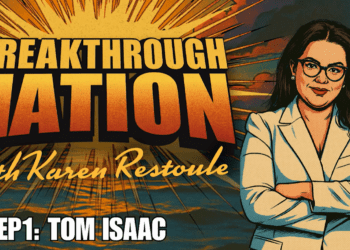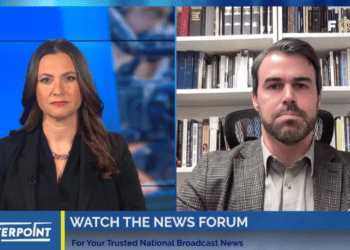 Those companies that conserved cash now look prescient, writes Philip Cross in the Financial Post. Below is an excerpt of the article, which can be read in full here.
Those companies that conserved cash now look prescient, writes Philip Cross in the Financial Post. Below is an excerpt of the article, which can be read in full here.
By Philip Cross, July 9, 2020
The government-ordered shutdown of the economy is playing havoc with corporate balance sheets, pushing many companies to the edge of bankruptcy. Which makes it a good time to revisit former Bank of Canada governor Mark Carney’s 2012 denunciation of corporate savings as “dead money” that would be better spent than saved. Carney made his incendiary and largely baseless comments playing to a crowd of autoworkers. Despite his attempt to recant by soon after declaring dead money “resurrected,” the idea that a lack of corporate spending was undermining growth became a standard part of the left’s post-2008 narrative.
Today, those companies that conserved cash — the “dead money” that Carney demonized and critics of capitalism continue to condemn — suddenly look prescient. Of course, the very concept of dead money was always silly: firms were buying life-preserving financial stability with whatever cash they could conserve, cash being a precious asset in a consistently turbulent world.
Companies that a short while ago appeared to be in pristine condition teeter today on the brink of bankruptcy, squeezed between large debt taken on at tantalizingly low interest rates and a sudden and often startling drop in revenue. Chesapeake Energy, which helped drive the fracking revolution, could not support $7 billion of debt. Cirque du Soleil folded under the weight of $900 million of debt from too rapid growth, the sort of reckless expansion applauded by critics of dead money. Bombardier, which in 2013 had to defend its $3 billion of cash reserves, today needs a government bailout because of its US$6.5-billion ($8.8-billion) debt load. Myriad companies in the accommodation, food and travel industries will soon be in the same boat.
Companies understand why the original conception of dead money by the Spanish writer Federico Garcia Lorca referred to how in the 1929 stock market crash investors “lost several million dollars, a rabble of dead money that went sliding off into the sea.” Dead money referred to money lost in a volatile and uncertain world, not to surplus funds supposedly sitting idly on the sidelines.
Companies that over the last few years accumulated cash reserves, notably in the notoriously cyclical finance and resource sectors, were not specifically worried about a coming pandemic. What they did foresee was that today’s world is full of unexpected shocks — black swans, in the famous phrase of Nicholas Taleb — that are not predictable individually but are devastating in their impact. It was only to be expected that another shock would materialize in our globally integrated economy, where black swan events happen routinely. Recent examples include the high-tech boom and bust at the turn of the century, the Sept. 11 terrorist attacks, the Great Financial Crisis, Brexit, the election of U.S. President Donald Trump and now the coronavirus pandemic.
***TO READ THE FULL ARTICLE, VISIT THE FINANCIAL POST HERE***




